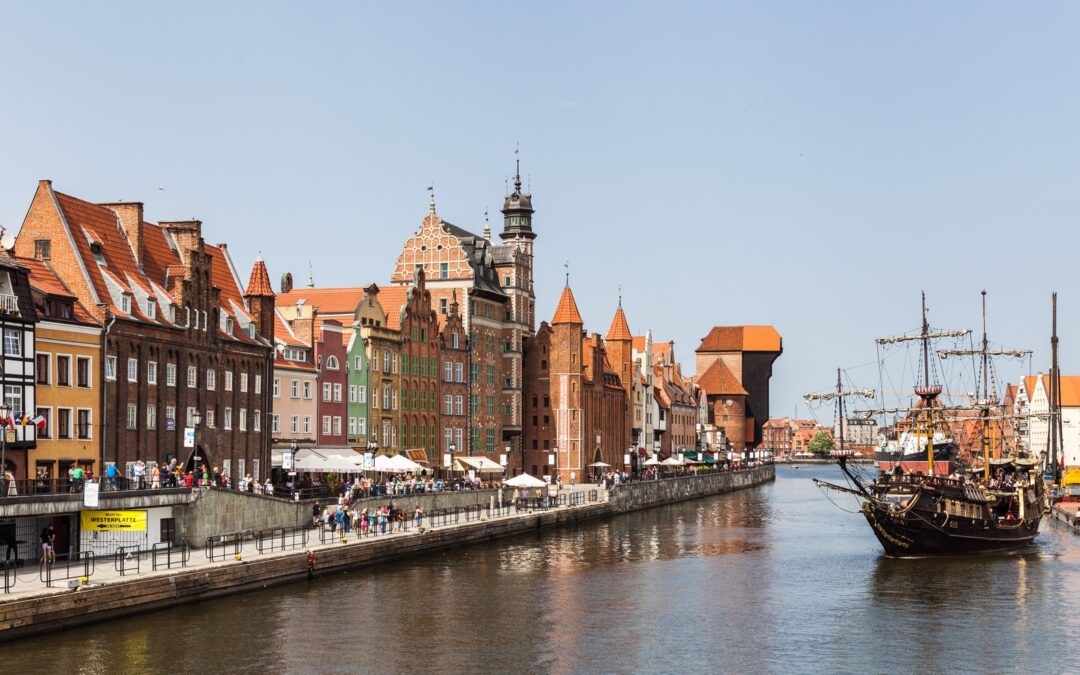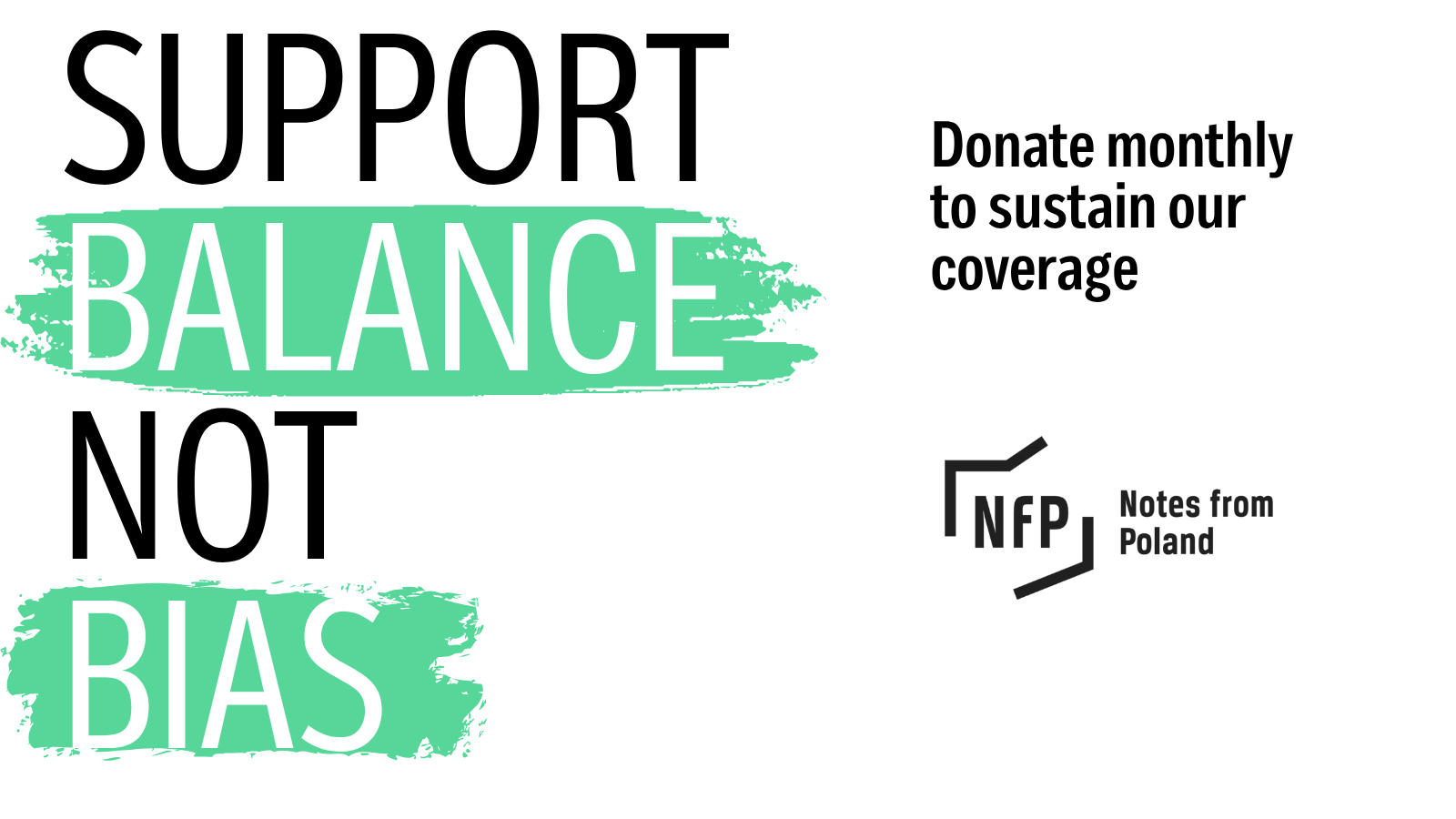Keep our news free from ads and paywalls by making a donation to support our work!

Notes from Poland is run by a small editorial team and is published by an independent, non-profit foundation that is funded through donations from our readers. We cannot do what we do without your support.
The city of Gdańsk in Poland has been named a global City of Literature by UNESCO, the UN’s educational, scientific and cultural agency. It is now one of only 63 such cities in the world, and the third in Poland to obtain the distinction.
UNESCO began designating Cities of Literature in 2004, with Edinburgh in Scotland the first. The title is bestowed based on criteria relating to a city’s production and promotion of literature, including through educational programmes, libraries, cultural events and publishing.
On Friday, ten new cities were added to UNESCO’s list: Aberystwyth (Wales); Abuja (Nigeria); Celje (Slovenia); Conakry (Guinea); Dumaguete City (Philippines); Gdańsk (Poland); Kahramanmaraş (Türkiye); Lund (Sweden); San Luis Potosí (Mexico); and Tangier (Morocco).
“We warmly welcome the new Cities of Literature to our global network,” said UNESCO programme manager Kjartan Már Ómarsson. “Their creativity, diversity and commitment to the written word will strengthen our collective mission to place culture and storytelling at the heart of sustainable and inclusive urban development.”
The decision was welcomed by Gdańsk’s mayor, Aleksandra Dulkiewicz, who hailed it as “confirmation that Gdańsk is a place where words have the power to build community, inspire action and cultivate values”.
City hall said that being part of the UNESCO network “opens the door to international cooperation, the promotion of local artists, and the implementation of ambitious cultural, educational, and social projects”.
It noted that the distinction coincides with the opening this year of a new House of Literature in Gdańsk, whose director, Elżbieta Foltyniak, also wrote the city’s application to be recognised by UNESCO.
Gdańsk has a long and storied history dating back over 1,000 years. At various stages, it has been under Polish and Germanic rule, including as part of the medieval Hanseatic League. The city has also often had extensive autonomy, including functioning as an independent free city during the interwar period.
Perhaps the city’s most famous literary son is German novelist and playwright Günter Grass, who was born there in 1927 before moving to Germany after World War Two. Contemporary Polish writer and poet Jacek Dehnel is also from Gdańsk.
Gdańsk’s status as the birthplace of the Solidarity movement that helped bring down Poland’s communist system also played a role in its bid for City of Literature status. Many writers, poets and playwrights joined Solidarity, which had a thriving underground publishing press.
The first place in Poland to be recognised as a City of Literature was Kraków in 2013, followed by Wrocław in 2019. UNESCO’s broader Creative Cities Network also includes Łódź and Gdynia (recognised as Cities of Film in 2017 and 2021 respectively), as well as Bydgoszcz (recognised as a City of Music in 2023).
Poland's polonaise dance has been added to UNESCO's global list of intangible cultural heritage.
"The polonaise is the genetic code, the cultural code of our nation," says culture minister @chorosinska of the dance, whose history dates back centuries https://t.co/zBPaNnGlvN
— Notes from Poland 🇵🇱 (@notesfrompoland) December 6, 2023

Notes from Poland is run by a small editorial team and published by an independent, non-profit foundation that is funded through donations from our readers. We cannot do what we do without your support.
Main image credit: Diego Delso/Wikimedia Commons (under CC BY-SA 3.0)

Daniel Tilles is editor-in-chief of Notes from Poland. He has written on Polish affairs for a wide range of publications, including Foreign Policy, POLITICO Europe, EUobserver and Dziennik Gazeta Prawna.




















